Pokémon Go Acquired by Scopely in $3.5 Billion Deal
Pokémon Go, the world’s most popular AR game, now has a new home. Scopely has acquired Niantic’s gaming division in a $3.5 billion deal, bringing Pokémon Go, Pikmin Bloom, and Monster Hunter Now into its portfolio.
- 30 million monthly active players will now experience new updates under Scopely.
- $1 billion in revenue was generated by Niantic’s gaming division last year.
- Niantic will now focus on geospatial AI technology through its new company, Niantic Spatial.
Scopely, backed by Saudi Arabia’s Public Investment Fund (PIF), aims to expand its presence in mobile gaming with this acquisition.
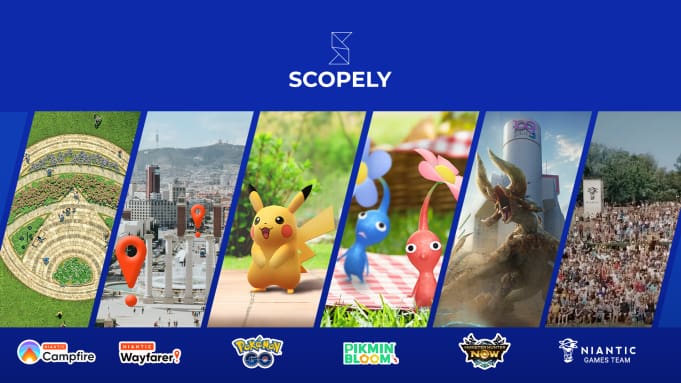
Why This Deal Is a Game-Changer
Pokémon Go has revolutionized mobile gaming with its augmented reality (AR) features and live community events. Scopely’s takeover ensures continued support and new innovations for players.
- Pokémon Go’s live events attract millions of players worldwide.
- Scopely promises bigger in-game events and real-world experiences.
- New features and long-term investments are expected to enhance gameplay.
What Games and Assets Are Included?
Scopely’s Expanded Gaming Portfolio
Scopely now owns some of Niantic’s most popular mobile games, including:
- Pokémon Go – The global AR sensation with real-world exploration.
- Pikmin Bloom – A location-based game that encourages outdoor activities.
- Monster Hunter Now – A multiplayer AR experience for hunting monsters.
In addition to these titles, Scopely has acquired:
- Campfire – A social app for Pokémon Go players.
- Wayfarer – A tool for players to help map real-world locations.
What Happens to Niantic?
Niantic will no longer focus on gaming but will shift to geospatial AI technology. The company has launched Niantic Spatial, a new venture focused on real-world mapping and AI applications.
- Niantic Spatial has secured $250 million in funding.
- It will develop AI-powered maps for logistics, education, and tourism.
- It will continue to operate Ingress Prime and Peridot.
By spinning off its technology division, Niantic aims to lead the future of AI-driven real-world interaction.
The Impact on Pokémon Go Players
The acquisition of Pokémon Go by Scopely raises important questions for millions of dedicated players. Many fans wonder if the core gameplay experience will change under new ownership. Scopely has reassured the community that Pokémon Go will continue to operate with the same mechanics and live events that have made it a global success.
Scopely’s expertise in mobile game monetization could lead to enhanced in-game events, better matchmaking for battles, and a more refined reward system. The company has previously developed popular titles like Monopoly Go! and Marvel Strike Force, demonstrating its ability to manage large-scale mobile games. With this acquisition, Pokémon Go players can expect continued support, new features, and possibly improved server performance.
Another major aspect is how Niantic’s departure will affect Pokémon Go’s augmented reality (AR) features. While Niantic’s core technology team is shifting to Niantic Spatial, Scopely has confirmed that Pokémon Go’s AR systems will remain intact. The acquisition also includes Campfire and Wayfarer, two key tools that enhance real-world exploration in the game. Scopely’s commitment to community-driven content suggests that player-driven map updates and real-world Pokémon encounters will continue to evolve.
What This Means for the Mobile Gaming Industry
Scopely’s acquisition of Niantic’s gaming division represents a major shift in the mobile gaming landscape. Pokémon Go has been one of the most successful mobile games ever, with over 100 million active players at its peak. By bringing Pokémon Go under its umbrella, Scopely is positioning itself as a dominant force in the gaming industry.
This acquisition also highlights Saudi Arabia’s growing influence in global gaming. Scopely itself was acquired by Savvy Games Group, a subsidiary of Saudi Arabia’s Public Investment Fund (PIF), in 2022 for $4.9 billion. With PIF’s $38 billion investment in the gaming sector, the Pokémon Go acquisition is part of a larger strategy to expand Saudi Arabia’s role in the global gaming market.
Beyond Pokémon Go, this deal could signal a trend where mobile game studios shift towards consolidation. Major tech companies and investment groups are increasingly acquiring studios with proven success in AR and live-service gaming. The future of mobile gaming will likely see more mergers, leading to expanded resources for game development, but also raising concerns about market monopolization.
What This Means for the Mobile Gaming Industry
Scopely’s acquisition of Niantic’s gaming division represents a major shift in the mobile gaming landscape. Pokémon Go has been one of the most successful mobile games ever, with over 100 million active players at its peak. By bringing Pokémon Go under its umbrella, Scopely is positioning itself as a dominant force in the gaming industry.
This acquisition also highlights Saudi Arabia’s growing influence in global gaming. Scopely itself was acquired by Savvy Games Group, a subsidiary of Saudi Arabia’s Public Investment Fund (PIF), in 2022 for $4.9 billion. With PIF’s $38 billion investment in the gaming sector, the Pokémon Go acquisition is part of a larger strategy to expand Saudi Arabia’s role in the global gaming market.
Beyond Pokémon Go, this deal could signal a trend where mobile game studios shift towards consolidation. Major tech companies and investment groups are increasingly acquiring studios with proven success in AR and live-service gaming. The future of mobile gaming will likely see more mergers, leading to expanded resources for game development, but also raising concerns about market monopolization.
Saudi Arabia’s Expanding Presence in Global Gaming
The acquisition of Pokémon Go aligns with Saudi Arabia’s strategic investments in gaming, further solidifying its ambition to become a global gaming hub. Scopely was previously acquired in 2022 by Savvy Games Group, a subsidiary of the Saudi Public Investment Fund (PIF), for $4.9 billion. With this latest deal, Saudi-backed gaming firms are now directly influencing some of the world’s most successful mobile games.
According to BroadcastPro ME source, the Saudi government has allocated $38 billion to expand its gaming sector, with a focus on acquisitions and esports growth. This investment strategy is part of Vision 2030, an initiative aimed at reducing the country’s dependence on oil by fostering digital entertainment and technology-driven industries.
By acquiring stakes in major gaming companies like Nintendo, Capcom, and Scopely, Saudi Arabia is positioning itself as a key player in the gaming economy. However, this aggressive expansion raises discussions about market consolidation, investment ethics, and regional influence in the gaming space. The impact of these acquisitions on game development, creative freedom, and global market competition remains a topic of debate among industry analysts.
Changes Expected Under Scopely’s Ownership
With Scopely now in control of Pokémon Go and other Niantic games like Pikmin Bloom and Monster Hunter Now, key changes in game management and monetization strategies are likely. Scopely, known for its expertise in live-service mobile games, has a strong track record with titles such as Monopoly Go! and Star Trek Fleet Command.
Industry experts predict that Scopely may introduce more frequent updates, optimize in-game purchases, and refine user retention strategies. Given Pokémon Go’s history of seasonal events and collaborations, players can expect expanded in-game features, exclusive rewards, and possibly new AR mechanics under Scopely’s leadership.
Commitment to Live Events and Player Engagement
A major factor in Pokémon Go’s continued success is its real-world events, which attract millions of players annually. Scopely has confirmed that it will maintain and enhance these live gatherings, ensuring that Pokémon Go remains a social and community-driven experience.
According to Hollywood Reporter source, Pokémon Go had over 100 million players last year, with 20 million active weekly users. Live events such as Pokémon Go Fest and Safari Zones have become global attractions, and Scopely’s expertise in community-driven games could further elevate these experiences.
Scopely has also emphasized that it values Pokémon Go’s unique social element, meaning location-based features, gym battles, and group challenges will likely receive continued investment and innovation.
How Players and Communities Are Reacting
The gaming community has responded with mixed reactions to the acquisition. Many players are optimistic about Scopely’s ability to bring fresh content, better monetization balance, and new gameplay experiences. Others, however, are concerned about potential aggressive monetization tactics and whether Scopely will uphold Niantic’s original vision of blending exploration with gaming.
Discussions on Reddit and gaming forums highlight concerns over microtransactions, event ticket pricing, and the frequency of paid content. However, Scopely’s past success with managing large-scale mobile games suggests it will prioritize long-term player engagement rather than short-term revenue boosts.
Key Takeaways from the Acquisition
- Scopely has acquired Pokémon Go and Niantic’s gaming division in a $3.5 billion deal, marking one of the biggest shifts in mobile gaming history.
- Niantic is refocusing on geospatial AI and AR innovations under its new company, Niantic Spatial, with $250 million in funding.
- Saudi Arabia’s investment in gaming continues to expand, with Scopely being a major part of PIF’s vision for the gaming industry.
- Players can expect continued support for Pokémon Go, with live events, content updates, and new features under Scopely’s leadership.
What This Means for the Future of Augmented Reality (AR) Gaming
The deal reflects a growing trend in AR and geospatial gaming, where companies are looking beyond traditional mobile experiences. Niantic’s transition to Niantic Spatial shows that AR applications have vast potential beyond gaming, including education, navigation, and industrial use cases.
Meanwhile, Scopely’s acquisition proves that AR gaming remains highly profitable, and Pokémon Go’s continued evolution under its new ownership will shape the industry’s direction for years to come.
Thoughts on the Evolution of the Gaming Industry
This acquisition highlights the rapid consolidation of the gaming market, where major investors, including sovereign wealth funds, are reshaping the industry. As AR technology advances and Saudi-backed firms expand their influence, the future of mobile gaming could see more high-profile acquisitions, deeper integration of AI, and a stronger push for immersive real-world experiences.
For players, the coming years will determine whether Scopely’s leadership can sustain Pokémon Go’s legacy while evolving it for the next generation of gamers.

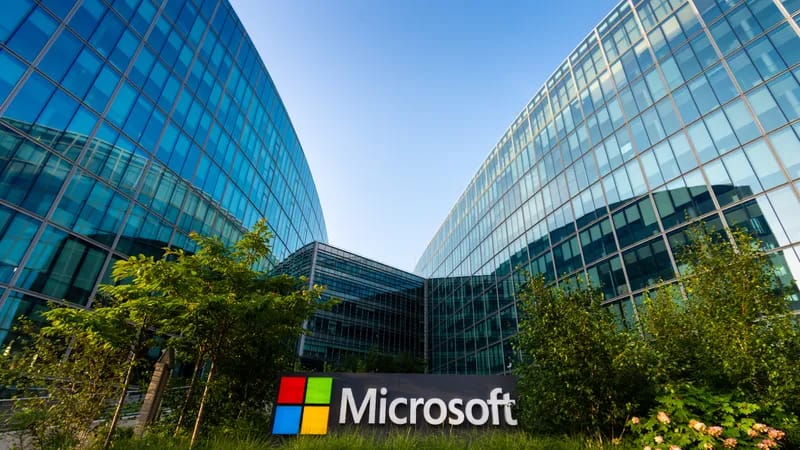
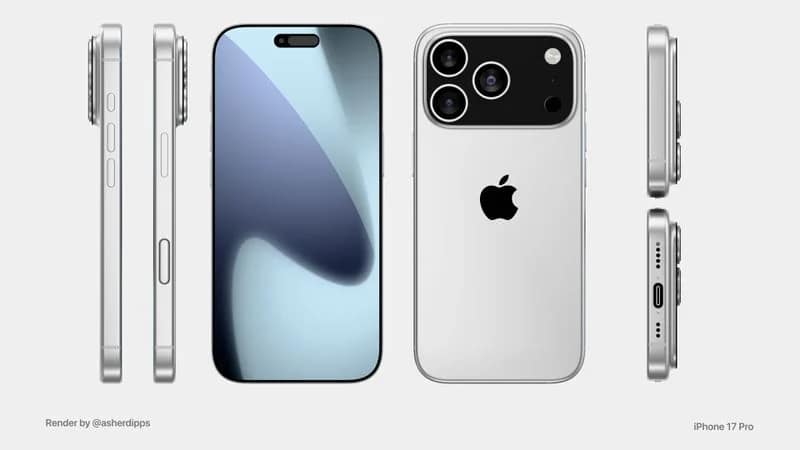
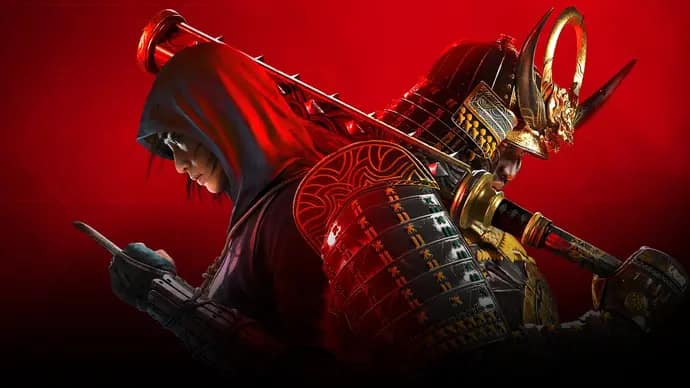

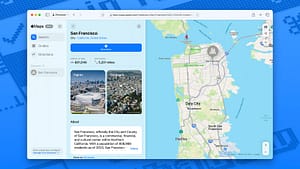






Post Comment